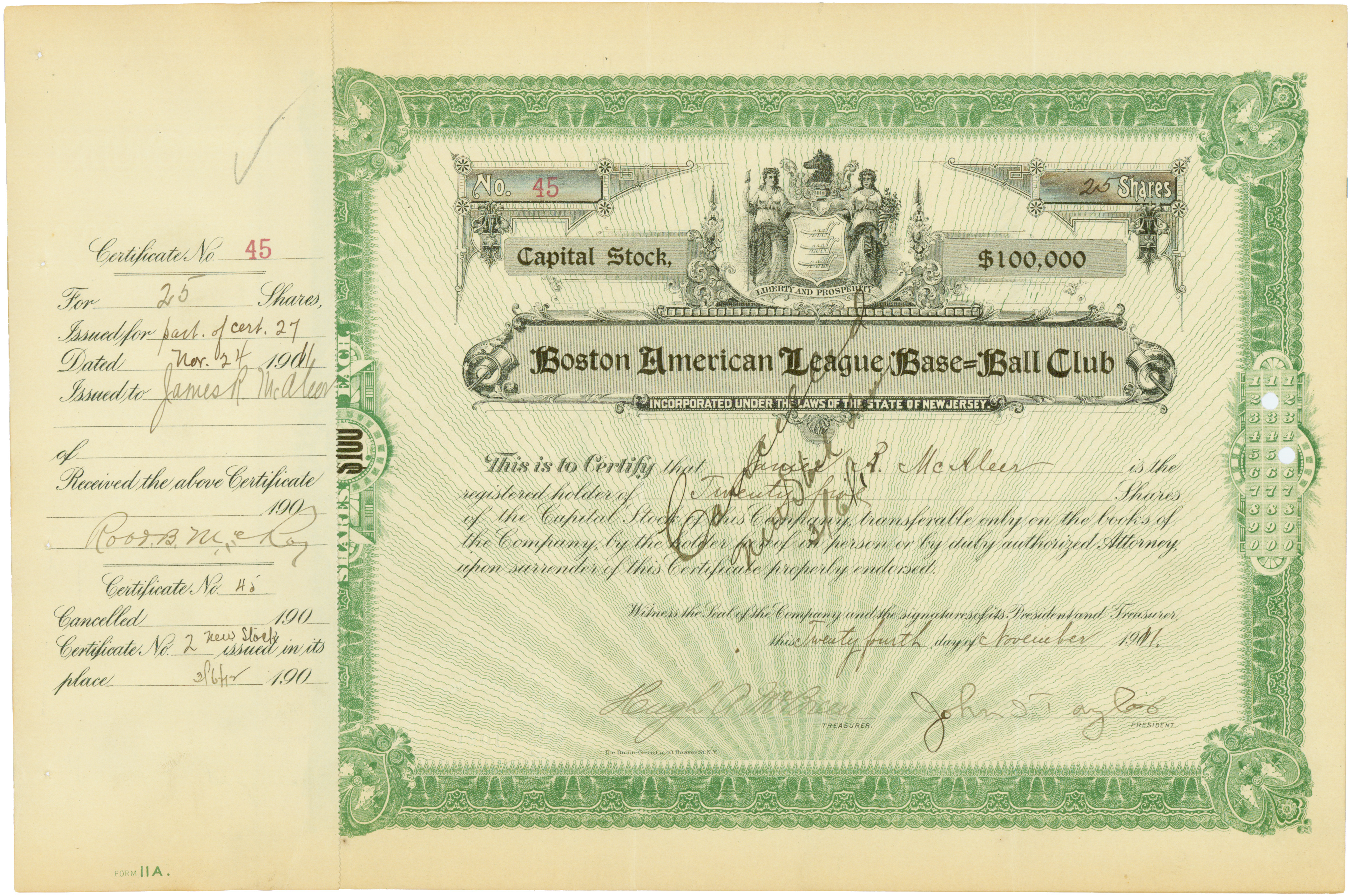Share Capital on:
[Wikipedia]
[Google]
[Amazon]
 A
A
 A
A corporation
A corporation or body corporate is an individual or a group of people, such as an association or company, that has been authorized by the State (polity), state to act as a single entity (a legal entity recognized by private and public law as ...
's share capital, commonly referred to as capital stock in the United States, is the portion of a corporation's equity that has been derived by the issue of shares in the corporation to a shareholder, usually for cash. ''Share capital'' may also denote the number and types of shares that compose a corporation's share structure.
Definition
Inaccounting
Accounting, also known as accountancy, is the process of recording and processing information about economic entity, economic entities, such as businesses and corporations. Accounting measures the results of an organization's economic activit ...
, the share capital of a corporation is the nominal value of issued shares (that is, the sum of their par values, sometimes indicated on share certificates). If the allocation price of shares is greater than the par value, as in a rights issue, the shares are said to be sold at a premium (variously called share premium, additional paid-in capital or paid-in capital in excess of par).
This equation shows the constituents that make up a company's real share capital:
:
This is differentiated from share capital in the accounting sense, as it presents nominal share capital and does not take the premium value of shares into account, which instead is reported as additional paid-in capital.
Legal capital
Legal capital is a concept used in European corporate and foundation law, United Kingdom company law, and various othercorporate law
Corporate law (also known as company law or enterprise law) is the body of law governing the rights, relations, and conduct of persons, companies, organizations and businesses. The term refers to the legal practice of law relating to corpora ...
jurisdictions to refer to the sum of assets contributed to a company by shareholders when they are issued shares. The law often requires that this capital is maintained, and that dividends are not paid when a company is not showing a profit above the level of historically recorded legal capital.
See also
* Balance sheet * Capital impairment * Market capitalization * Paid-in capital * Share dilution * Share premium accountReferences
{{Authority control Capital management Corporate law